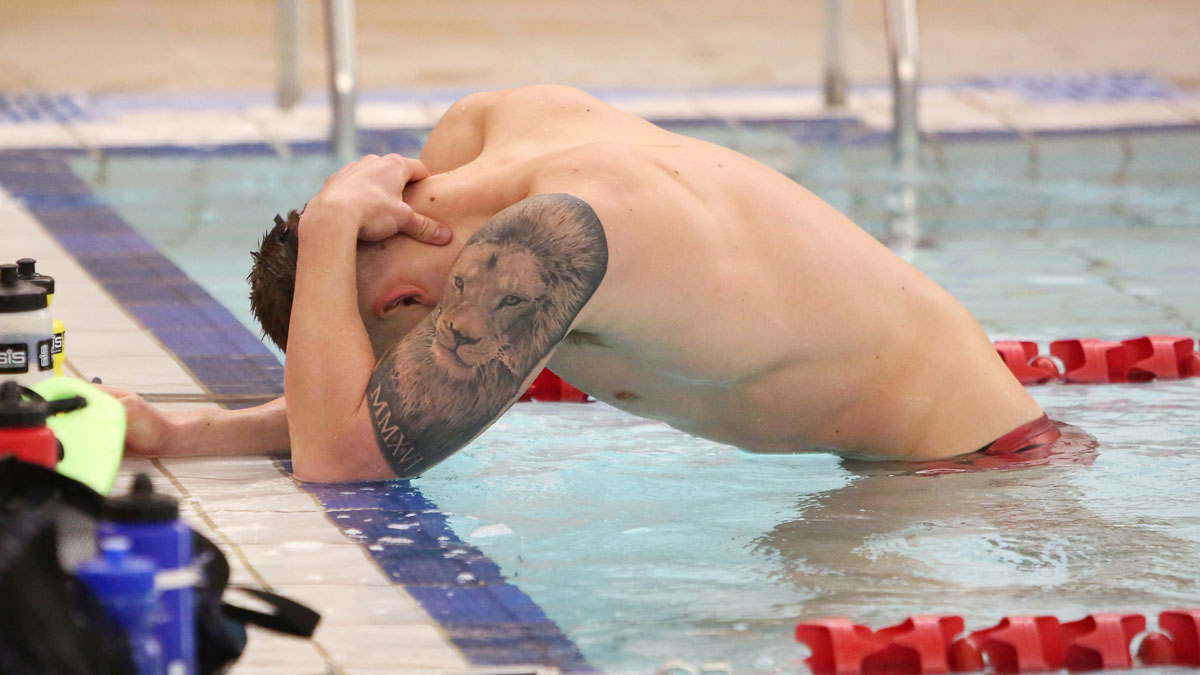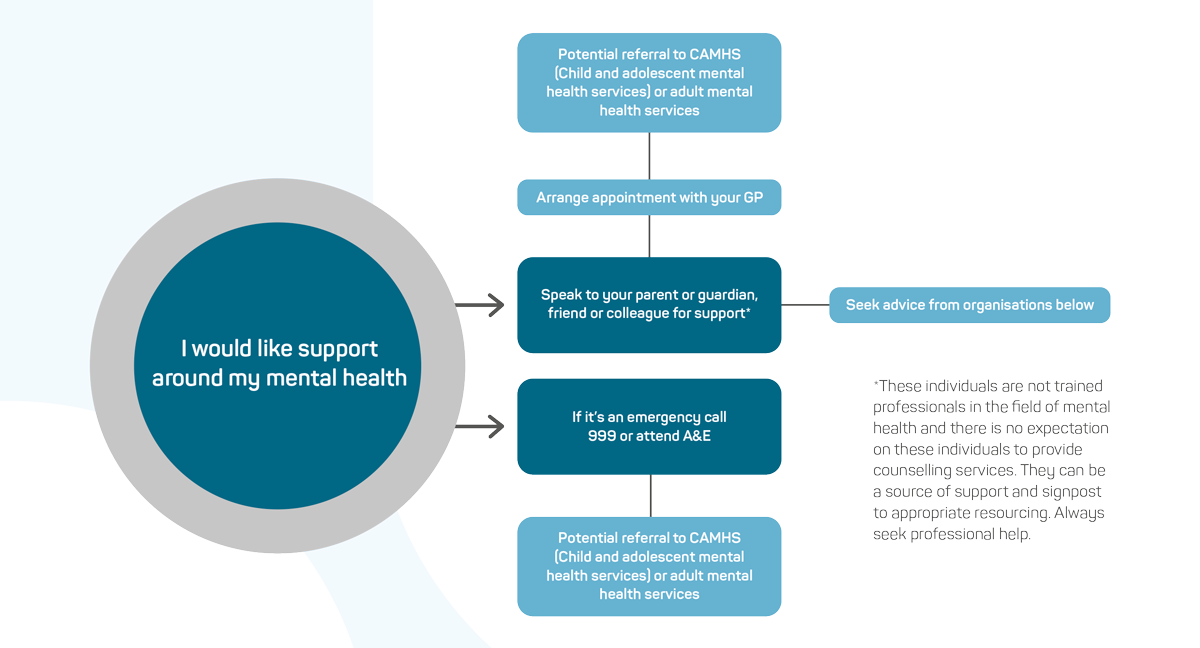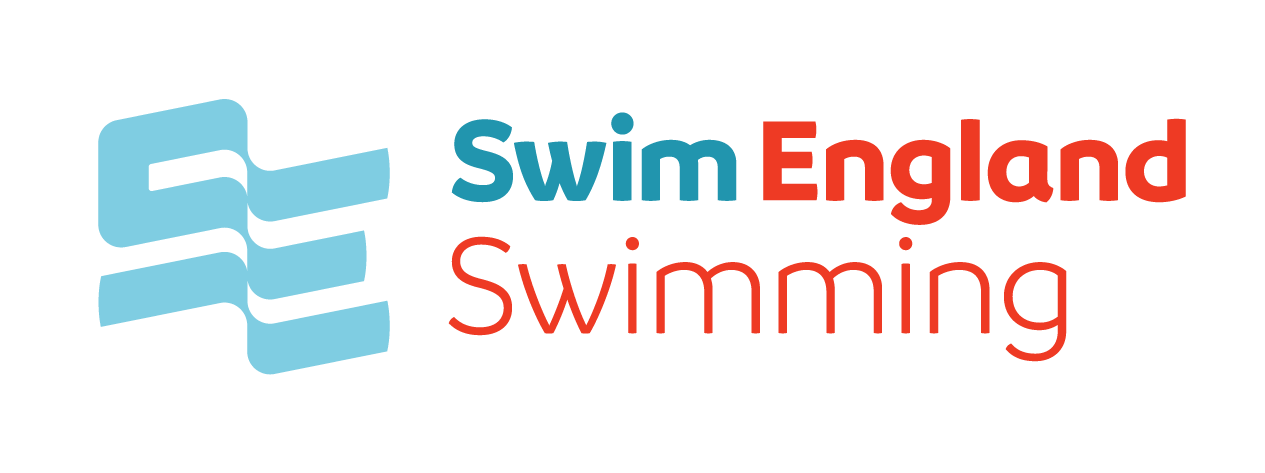
Mental health advice for competitive swimmers
March 1, 2020While we can all agree swimmers are the fittest and most fun athletes, even superhumans can have low moments.
Chasing personal bests and representing your club and your own ambitions takes a lot of drive and commitment. And it’s not always easy to balance training and competing alongside study and life!
Approximately one in four people will experience a mental health problem in any given year – that could be two or three in every race at your next competition.
Mental health problems can effect anyone, and have a wide range of causes that can be complex and interrelated.
Mental health advice
Our England Talent and Health and Wellbeing teams have put together a useful flow chart for how to get help for mental health problems.
If you feel like you are struggling, you can use the following steps to seek help and advice.
Just like training with others will help you improve your times and stroke, sharing challenges with others will make you stronger and better equipped to tackle them when they arise.
Click or tap the flowchart below to open it in full.

Step-by-step mental health advice
Is it an emergency?
- If it’s an emergency, call 999 or attend A&E as soon as you can
- You may then be referred to CAMHS, which is the child and adolescent mental health services.
If it’s not an emergency:
- Speak to your club welfare officer, parent or guardian, friend, coach, mental health first aider or colleague for support.
- One of these people may help you decide to seek advice from one of the organisations below.
- They may also help you arrange an appointment with a GP.
- A GP may also refer you to CAMHS.
Mental health helplines available
- Samaritans
Free phone: 116 123
Web: samaritans.org/how-we-can-help/contact-samaritan/ - Mind
Helpline: 0300 123 3393
Text: 86463
Web: mind.org.uk/information-support/helplines/ - NHS
Web: nhs.uk/conditions/stress-anxiety-depression/mental-health-helplines/ - The Mix
Free phone: 0808 808 4994 (13:00 – 23:00 daily)
Web: themix.org.uk
If you’re under 25, you can talk to The Mix for free on the phone, by email or on their webchat. You can also use their phone counselling service, or get more information on support services you might need. - Self-harm
Web: youngminds.org.uk/youngminds-professionals/our-projects/no-harm-done/ - BEAT (beating Eating Disorders)
Helpline: 0808 801 0677
Youthline: 0808 801 0711
Web: beateatingdisorders.org.uk/ - Child Line
Free phone: 0800 1111
Web: childline.org.uk/info-advice/
Helpline available specifically for young people
 Swim England Competitive Swimming Hub
Swim England Competitive Swimming Hub